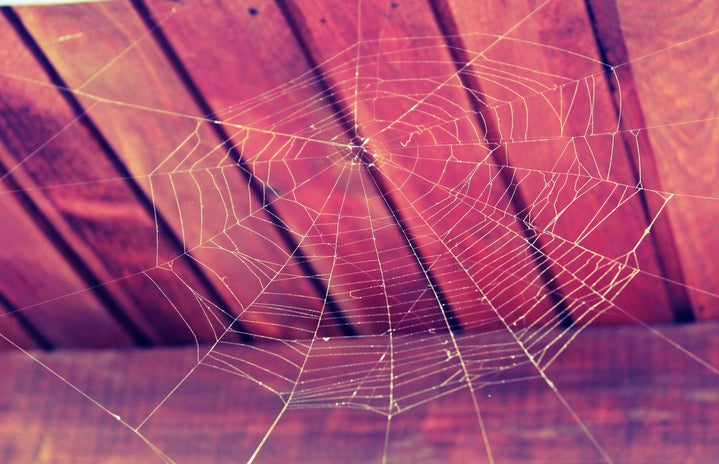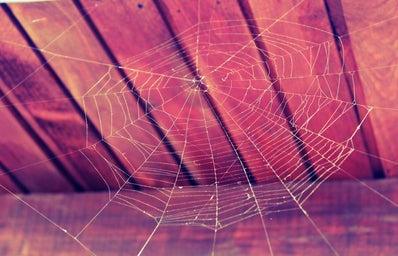Every season of the critically acclaimed TV show American Horror Story tells us exactly what society is afraid of, and Season 12 is no exception. Every episode is filled with terrifying scares, from dolls that move independently, to gaslighting husbands, dead opossums, spiders, and Google Calendar (if you know, you know). Horror media gets a reputation for being “low-brow” content, but it is a critically important way of collective processing. Our darkest fears get translated from abstract, intangible concepts to physical monsters that we can fight on screen.
This show centers on a newly famous actress, Anna Victoria Alcott (played by Emma Roberts), as she struggles with infertility. The story is a familiar one: Anna is spending thousands of dollars on complicated medical treatments to increase her chances of getting pregnant. There is plenty of body horror involved, with tense scenes filled with untrustworthy male doctors and sharp silver scalpels. Critically, this show effectively addresses the idea of consent. The male doctors only address Anna’s husband when talking about her body, they call her husband first with important updates, and Anna wakes up from procedures muddled and angry because she was unaware she was going to be sedated.
Personally, I am a big fan of the “everyone thinks I’m crazy because I’m having intense inexplicable paranormal experiences” trope, and I think there is an important twist when it’s a woman experiencing these psychic phenomena. Part of being a woman is the subtle, pervasive feeling that something is wrong, that the world isn’t built for you, that the balance of power is off. It’s so frustrating to watch Anna struggle to articulate this to her husband. From the outside, her claims that there is an elderly woman stalking her who wants to harm her baby seem far-fetched, but we as the viewers see Anna’s desperation—and what’s going on behind the scenes—and know she is telling the truth.
Since we are now living in a post-Roe United States, the discourse surrounding pregnancy and the bodies of people who can get pregnant has reached an all-time high. The intro sequence of “Delicate” features shots of pregnant bodies, spiders, blood, and medical equipment. The way that the show places monstrosity and pregnancy together is interesting; the experience of pregnancy can emulate the feeling of helplessness when you lose control of your body. However, this deliberate positioning reflects dominant cultural ideas of the feminine body being horrific and mysterious.
While the show does have some amazing feminist undertones, it doesn’t get very far in terms of intersectionality. Some of the show’s previous seasons had a much more diverse cast, and Anna Victoria Alcott being a wealthy, thin, cis white woman means she can’t speak for everyone’s experiences of motherhood. For marginalized groups, they are more likely to face medical discrimination, have less funds to pay for expensive fertility treatments, and are even more likely to die during childbirth. As always, the pain that marginalized groups experience lurks beneath the surface as the greatest horror story of them all.


